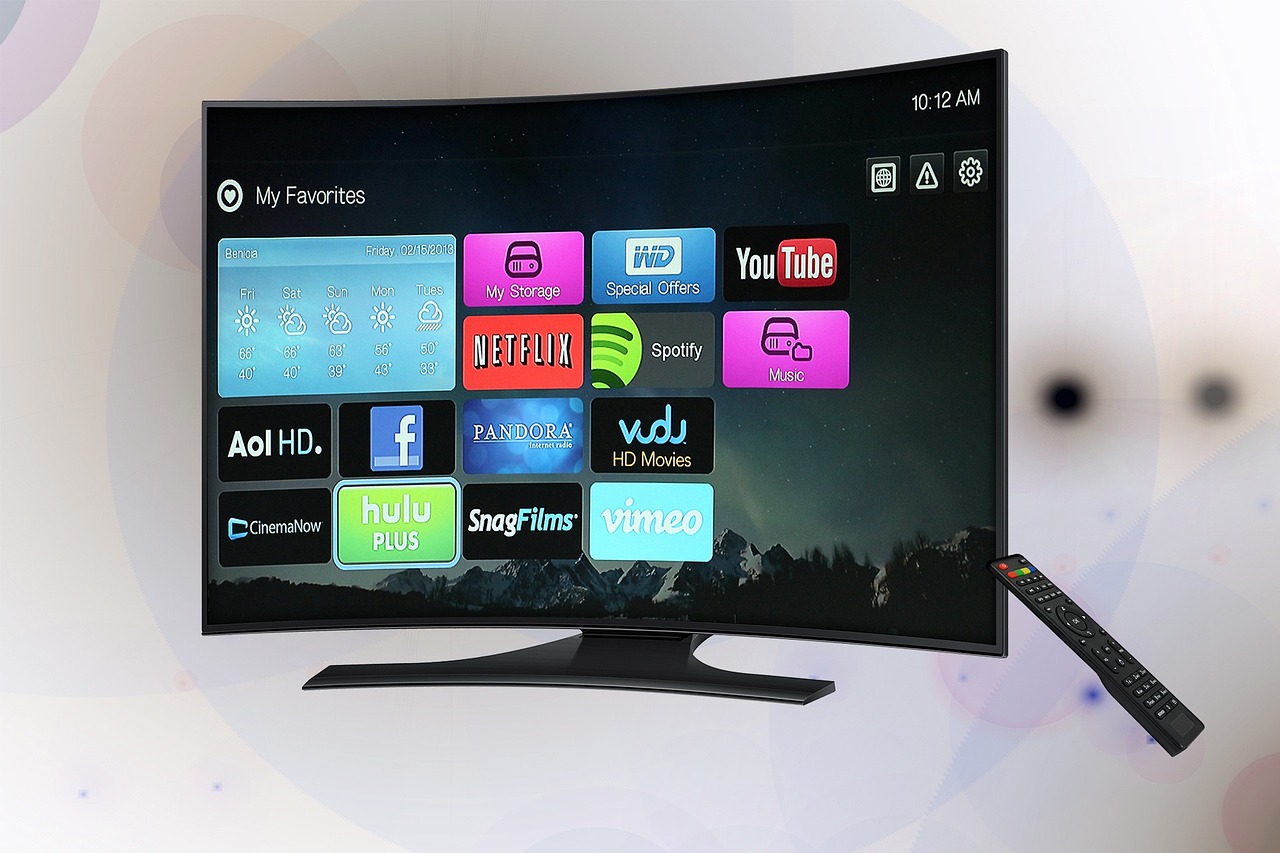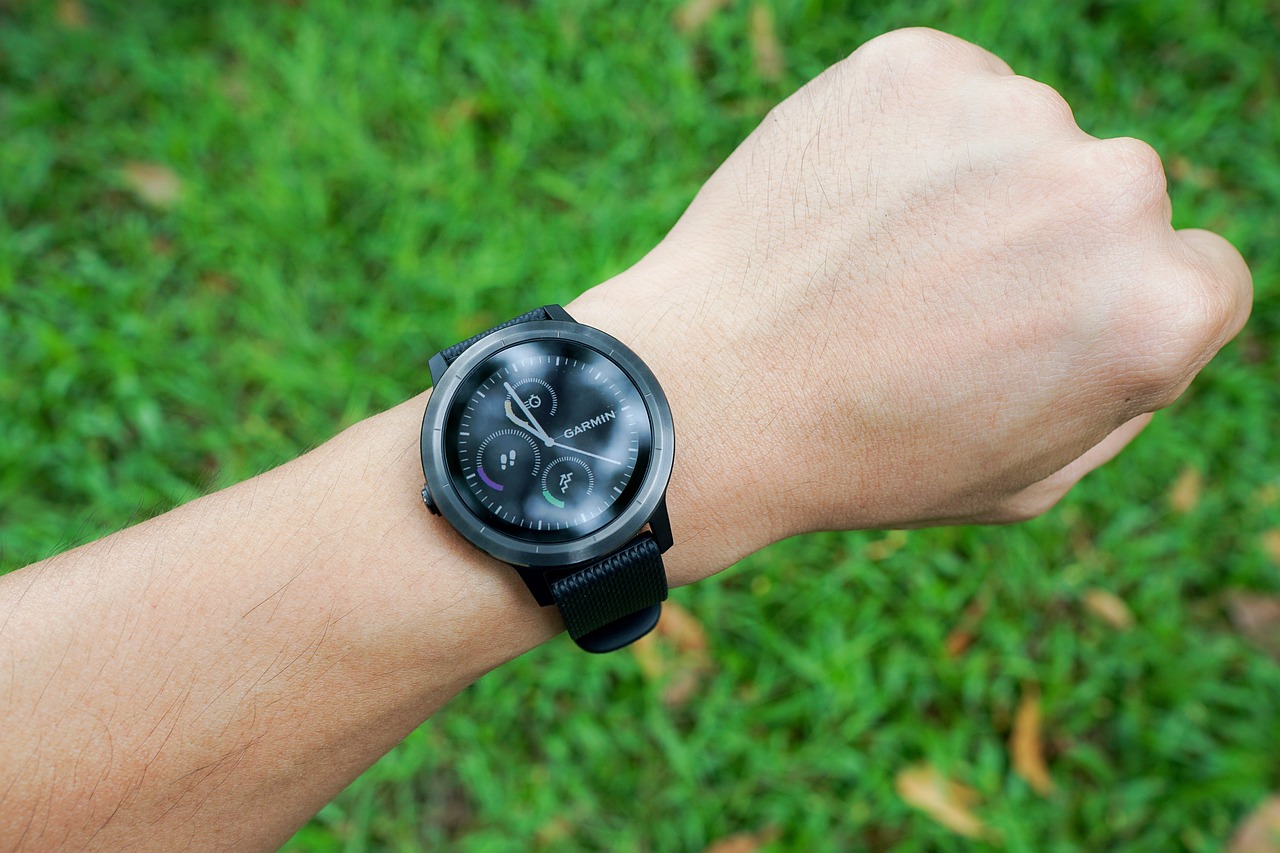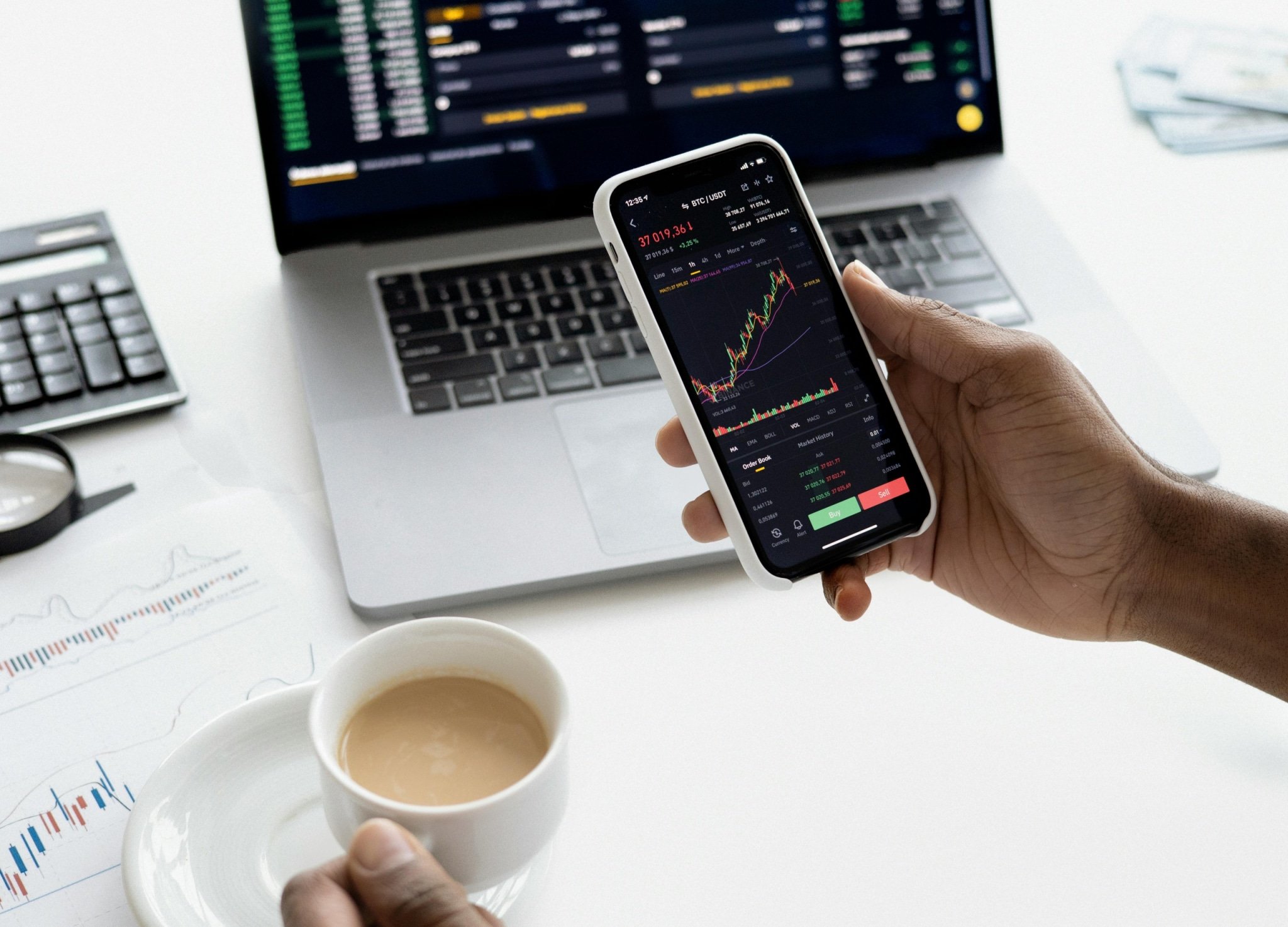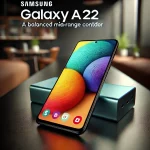Choosing a smartphone can be a difficult decision, especially with the ongoing debate between iPhone and Android devices. Both ecosystems offer excellent features, but which one is the best fit for you? In this article, we’ll compare the two to help you make an informed decision.
1. iPhone: The Premium Experience
Apple’s iPhone is known for its seamless integration with the iOS ecosystem. The user interface is intuitive, and Apple’s tight control over both hardware and software ensures smooth performance. The iPhone is also known for its high-quality cameras, sleek design, and premium build.
Advantages of iPhone
- iOS: Known for its smooth, user-friendly interface and regular updates.
- Camera Quality: iPhones are known for having some of the best smartphone cameras.
- Integration: Seamlessly integrates with other Apple products (MacBooks, iPads, Apple Watches).
- Security: iPhones are highly secure, with regular updates and robust privacy features.
2. Android: Flexibility and Customization
Android offers a more open system with a wide range of devices at different price points. Whether you’re looking for a flagship device or a budget-friendly option, there’s an Android phone for you. Android phones also allow for more customization, so you can tailor your device to suit your needs.
Advantages of Android
- Variety of Devices: From budget to flagship, there’s a wide selection of Android phones.
- Customization: Android allows you to customize the home screen, install third-party apps, and more.
- Price Range: There are Android phones available at every price point, making them accessible to a wider audience.
- Expandable Storage: Many Android phones offer expandable storage through microSD cards.
3. Key Differences Between iPhone and Android
- Operating System: iPhones run on iOS, while Android devices run on Google’s Android OS.
- App Store: iOS apps tend to be more polished, while Android offers more variety and customization in apps.
- Hardware: iPhones are generally known for their premium build quality, while Android offers a range of devices, from budget to high-end.
4. Which One Is Right for You?
- If you value a smooth, seamless experience with tight integration between devices, the iPhone may be the best choice.
- If you prefer flexibility, customization, and more options across price ranges, an Android phone might suit you better.
Conclusion
Both iPhone and Android offer compelling reasons to choose one over the other. Ultimately, the decision depends on your personal preferences, budget, and what you prioritize in a smartphone. Whether you choose the premium iPhone or the versatile Android, you can’t go wrong with either.














